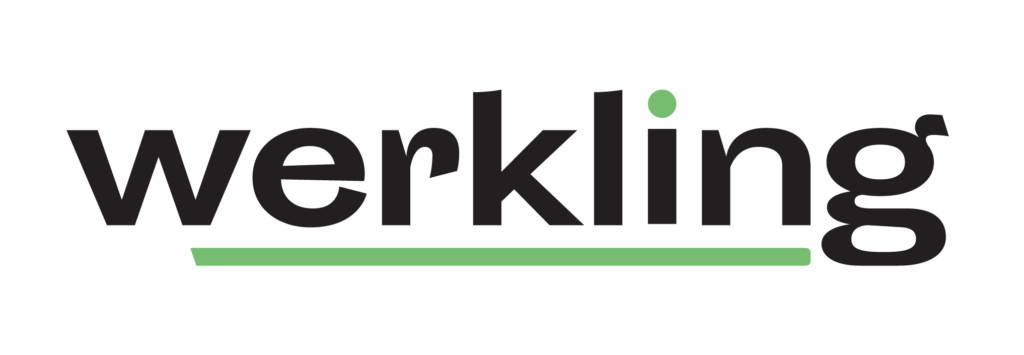Last year we came to you with our article “Reducing burnout caused by workload”. It was October 2021, the COVID pandemic had been on an 18 month roll and we were all feeling pretty darn worn out.
Fast forward six months and whilst some of the restrictions and settings have changed, the fatigue and frazzle has not yet lifted, not quite. High levels of talent movement, varying ‘where of work’ mandates, COVID taking team members out and the adjustment to a new normal are still taking their toll.
In last year’s article, we covered recognising and reducing burnout, and this time we’re going to front into some action-oriented ideas that will help you make the necessary adjustments for your teams, in particular around workload.
With ‘being overworked’ a known (and obvious!) cause of burnout, leaders should keep a watchful eye on team workload. And the actions are simple: Reprioritise or Resource.
Reprioritise the work
A great way to do this is by huddling your team around a (real or virtual!) whiteboard and bring out the old Eisenhower Matrix. This model helps you to group activities, projects or priorities based on both urgency and importance.
Urgent vs Important
- Urgent tasks need your attention now, right now. And if you don’t, the consequences are clear and danger is normally present. Ok well not quite, but you get the idea. Delaying these tasks hurt, they are stressors until complete. There is a “I need it yesterday” air about these tasks.
- Important tasks need your devoted attention, all of it. Not necessarily because of today, but because of how it will impact tomorrow, next week and next year. These tasks need you to make space for them, and safeguard that space.
Some work will be urgent, but not important. Some tasks will be important, but not urgent. How do you sort through them and what do you do with them? By plotting the work on the matrix you and our team can start to work through your options.
> DO (Important + Urgent): This is best handled by your team and should be the primary focus.
> SCHEDULE (Important + Not Urgent): Ask yourself: what is the impact of delaying this work? Dedicated time and resources for the work, in the future, safeguarding it’s importance.
> DELEGATE (Not Important + Urgent): Explore the urgency, renegotiate the deadline where possible and look at how you can redistribute the resourcing allocation, tapping into resources beyond your immediate team.
> DELETE (Not Important + Not Urgent): Just stop this stuff! It may go through the wash a few times without leaving a stain. And if it does start to colour the other items, then reassess – you’ll probably find that the urgency or importance has changed at that point.
Resource the work
We’ve said it before and we’ll say it again: Work is dynamic but so often our team structure remains static. Consider how you can augment your team during those dynamic peaks to improve wellbeing and avoid burnout. This might involve sourcing internal project resources or tapping into the growing on-demand talent segment and engaging on-demand talent with the proven experience to execute.
We’ve created this nifty work design tool to walk you through a simple approach to Work Design (you’ll find it on our Resources page), helping you to identify the resources you need. It draws on a simple four step process:
- List the work that needs be done
- Ponder a few simple work design factors
- Bucket it together in sensible way
- Select your talent model/s
Flexing your team in peak periods and around Urgent and Important work not only improves wellbeing, but has an impact on results, culture and team development.
What you can do about burnout fueled by over-work
Reprioritise or resource. It is as simple as that. Reprioritise and pause non-business critical work; OR resource up and flex your team in peak periods.
And lastly, don’t forget to reflect on your own workload. This is not only critical to protect your wellbeing but to role model sustainable, healthy ways of working. If you would like support Reprioritising or Resourcing work within your team, please book in a chat here or brief a gig here

